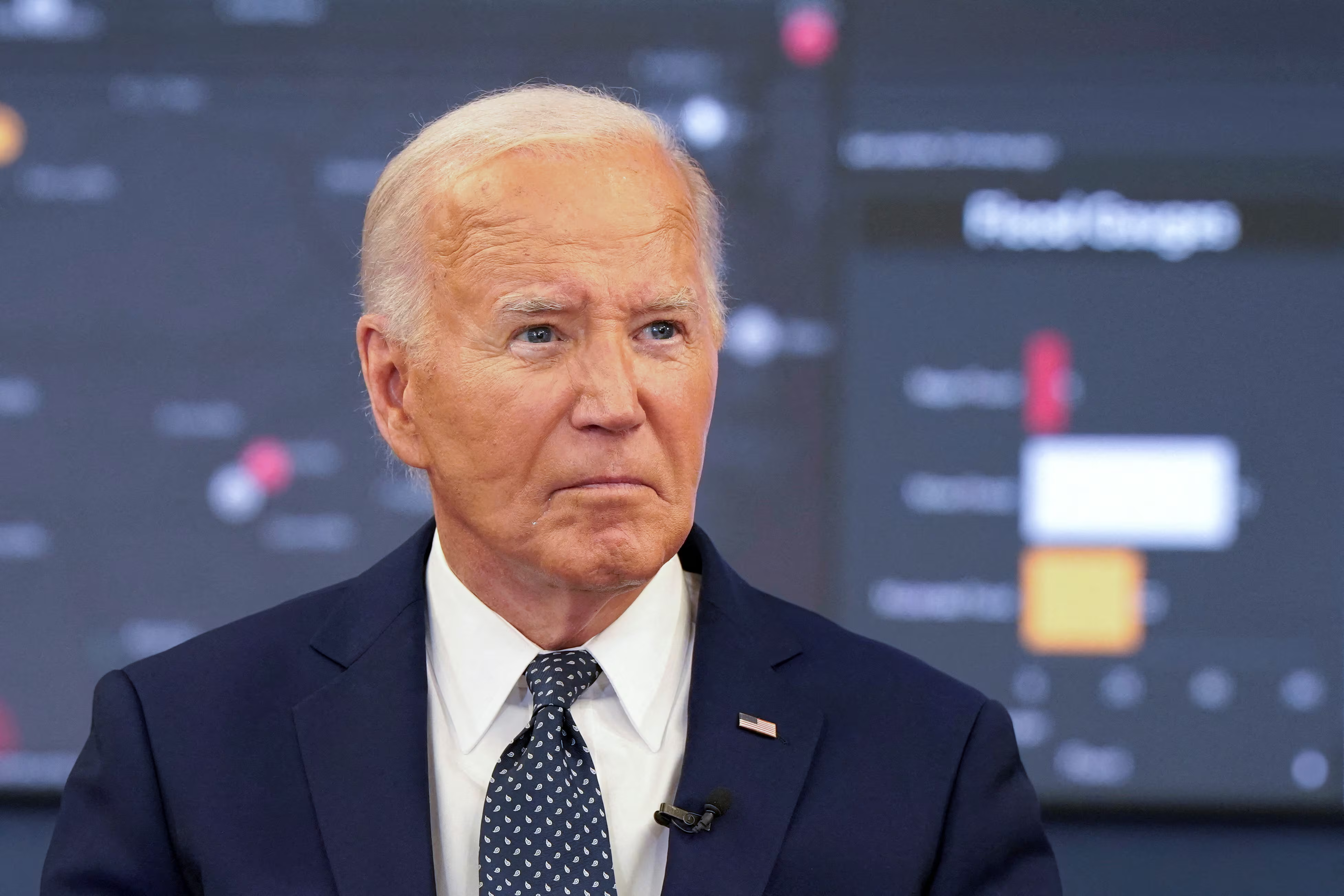By Tony Frangie Mawad
BU News Service
BOSTON — Wounded and infected by the scourge of populism, liberal democracy is retreating throughout the world. The media shrieks about Brexit and the Hungarian Prime Minister Viktor Orbán; Putin and Trump, Duterte in the Philippines and Bolsonaro in Brazil. Yet, one of the first democracies to be decimated by the populism of the new century is my own country: Venezuela, once one of the richest nations in the region and an example of democracy.
Now, the United States is coughing and trembling from the effects of this illness.
Twenty years after former army colonel and elected president Hugo Chavez ushered in his populist Bolivarian Revolution, Venezuela is broke and demoralized. Hyperinflation has soared, set to hit 1 million percent by the end of 2018, according to the latest forecast by the International Monetary Fund.
Caracas, the capital city, is overrun by homicides: 111.19 killings per 100,000 residents made it the second most dangerous city in the world in 2017, according to Mexico’s Citizens’ Council for Public Security’s annual ranking.
Meanwhile, the effects that the crisis is having on ordinary people in Venezuela is far too real: around 64 percent of Venezuelans have lost an average of 24 pounds of weight, according to a study by researchers from the capital’s three main universities, published in 2017. As food shortages continue and hyperinflation rises, food is harder to come by.
Venezuelans spill all over the region as refugees from one of the biggest mass migrations in the Western Hemisphere and hospitals have become deathbeds as medicine vanishes.
All of these sorrow and grim images are just three hours by plane away from Miami.
Besides ushering in absurd economic mismanagement, the Bolivarian Revolution was defined by its divisive language and its reliance on the supposedly absolute will of the people (“el pueblo”) to crush dissent and censor the media.
The parallels in the United States are frightening. Despite President Trump’s movement being right wing and Chávez’s being left wing, both target elites to serve as enemies and scapegoats; both use the will of the people as a supreme force to destroy institutions and trample on dissent, and both rely on rhetoric and verbal attacks more than on facts and actions.
To hear Steve Bannon, Trump’s former chief strategist, say: “This populist, nationalist, conservative movement is on the rise!” at an Alabama rally is chilling.
Populism might sound attractive at first: a movement of the people, for the people. Democracy in its ultimate form – apparently.
Rather, such a formula can mean something more sinister: The people’s will as an ultimate uncontrolled force, the dictatorship of the majority and the leader as its personification.
Chávez (who is now called “the Supreme Commander” by his successors) and his followers attacked middle and upper class Venezuelans – calling them “escualidos” (the meek) – and building a violent narrative that targeted businesspeople, the media, opposition parties and the Venezuelan diaspora.
Trump relies on the supposed will of the majority to attack immigrants, sexual minorities, the media and political dissidents.
The key, of course, is to (falsely) empower marginalized masses or silent majorities. In Chávez’s case, slum dwellers and people of the countryside. For Trump, it’s working class whites.
Then, the leader must find the enemy: Chávez found it in the middle and upper classes of Venezuela – educated and affluent – while Trump found his in the East Coast elites and in immigrants.
And then, with the fiery power of the supposed majority in his hands, the leader fires against the media and other long-standing institutions.
It takes just one look at contemporary Venezuela, where journalists have seen freedom of the press increasingly constrained and independent institutions have been almost completely overrun by the state apparatus. The Supreme Court, in the hands of the government, invalidated the democratically elected Congress to create a parallel legislative branch that serves the ruling party’s interests. The Electoral Council that is supposed to oversee free and fair elections has consistently worked to ensure that the chavista regime remains in power.
Media outlets across the country have been closed down by the government, while others have been bought by people who sympathize with the chavista regime.
Once institutional pluralism and media criticism is silenced, the party and the state become one and the same. As Chávez once said, “Whoever is not chavista, is not Venezuelan.”
Meanwhile, Venezuela succumbs in despair after 20 years of chavista rule. Populism promises for the many, but ends up only benefitting the few.
Nevertheless, actions can be carried out to at least slow the process and decompose it. The key? Voting.
We Venezuelans made two great mistakes.
The first one: only 63 percent of the people eligible to vote head to the polls in the 1998 presidential election. Tired of the system and of the corruption within political parties, many Venezuelans ignored the vote. The result: A former coup d’etat leader, full of charisma, Chávez rose to power.
It did not take long for Chávez to –empowered by his own Supreme Court and Congress– eliminate limited presidential terms, making it possible for him to run again for office for as long as he wanted.
But how did Chávez and his party, considering Venezuela’s stable and dynamic democracy, manage to do so? The answer is mistake number two: the 2005 Congress elections where, in an attempt to boycott unfair electoral conditions, the opposition called on voters to abstain.
Seventy five percent of voters didn’t turn out and as a result, Chávez’s party conquered an overwhelming majority and effectively took control over Congress. The rest is history: Unlimited laws, unlimited reforms and unlimited power.
Meanwhile, in the U.S., voter abstention reached a 20-year high in 2016. Tired of the system (eerily familiar to that South American tragedy), some people didn’t turn out to vote. And so, with the promise of making America great again, the United States finds itself with a leader bellowing about fake news and demonizing minorities.
The only remedy, for now, is to vote to save the rule of law; to save the separation of powers and to limit the leader. Vote to save democracy in America.





